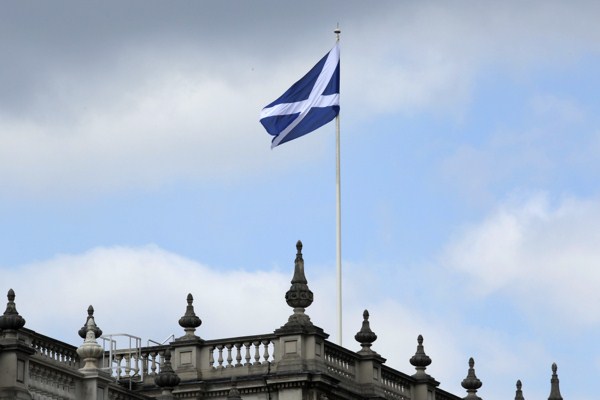Scotland heads to the polls next week to vote on the question, “Should Scotland be an independent country?” The latest polls show that the “no” camp is ahead with 53 percent of voters. However, this comes only days after a YouGov poll indicated that 51 percent of Scots were in favor of independence.
The uncertainty of which way the referendum will go reflects the uncertainty over what the consequences would be if Scotland were to be become an independent nation, especially with regard to foreign policy. The Scottish National Party (SNP), which is leading the campaign for Scottish independence, “is committed to joining the European Union, U.N. and NATO,” according to Paolo Dardanelli, senior lecturer in comparative politics at the University of Kent. However, the legal framework for membership varies by institution, and in the case of the EU does not yet exist. And though the SNP wants an independent Scotland to join the EU, “it wants to be a mini-U.K. and not belong to the Schengen Agreement, not use the euro and have the same opt-outs that the U.K. has,” explains Daniel Kenealy, lecturer at the University of Edinburgh. He adds that Spain, Belgium and other EU countries with separatist movements “are likely to make the membership process for Scotland difficult” in order to set an example for other potential breakaway regions.
The question of NATO membership brings with it the question of nuclear weapons. Scotland would want to join the organization as a nuclear-free state, a key part of the SNP’s campaign. Currently, the home of the U.K.’s nuclear weapons is the naval base at Clyde, 25 miles west of Glasgow. If Scotland were to gain independence, Kenealy explains, “it would take over a decade to dismantle Scotland’s nuclear base. And Scotland can use the issue as a major bargaining chip during negotiations with the U.K. post-referendum.”

